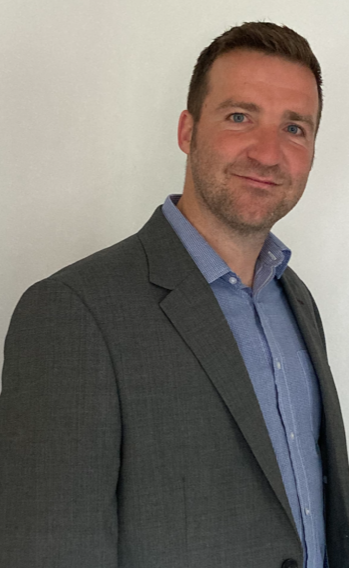Choosing medicine for life
The British Medical Association (BMA) have reported doctors leaving the NHS at a rate of up to 23,000 a year. This includes some of the most highly trained and experienced UK doctors and comes at a "staggering cost" to the NHS. Plenty of reasons are stated for this mass departure and they vary from dissatisfaction with mainstream guidance, poor work life balance to feeling under-valued. For many doctors, the profession is not just about the job, it is a commitment to the lives of patients. If the environment is not conducive to effective patient care, then many feel (often with reluctance) that a different approach needs to be adopted.
Be the doctor that you trained and aspire to be
In his article, Adapting extensive medical skills to become a health and well-being coach Dr David Cartland explains his own frustration with the restrictions and guidelines placed on him and makes a; "rallying cry to my disillusioned colleagues to break free from the medical matrix and to be the doctor that you trained and aspire to be". He goes onto explain that a "Health and Well-being Coach is at least one positive way forward, and a constructive and practical step in the right direction!"
A better service for patients
Dr Cartland explains how he uses his formal medical ‘allopathic’ training in anatomy, physiology and pathophysiology, but the difference is that he can now, 'blend this in with a more holistic, naturopathic dimension". He feels that he now has the time and focus to be able to utilise his skills to take a more thorough and extensive history, with time to consider "the full range of each patient’s biological, psychological and social factors".
Getting the best, informed treatment option review
On receiving a diagnosis everyone should thoroughly review all their treatment options - including the do-nothing option. After all, this could be the single most important decision ever made. In addition to their own primary research (such as articles on Total Health), independent medical advice should be sought from someone with no vested interest in any one particular or specialist approach. This was after all part of the original 'gatekeeper' role of the NHS GP, (in the days when you could get to see one). All patients have the right to choose their doctor and hospital. The critical thing is to ensure that personal decisions are thoroughly informed and there is full patient consent. However, this requires more time than is usually available.
Patient navigation and education
Unlike some non-medically-qualified practitioners, Dr Cartland is able to rule out potential medical red flags, and can help clients navigate the many various barriers of the medical system, signposting them to where they need to be. The end result is that he can offer proper individual holistic advice to each and every client, assisting in reviewing options to find the best possible plan for them. He says, "The service that I now offer is specifically an ‘Educational Agreement’, to assist and empower each patient, offering a unique bridge between holistic functional / naturopathic practice and the practicalities of NHS care".
The big difference
At the end of each session he says that he now feels that he has provided genuine education, guidance and practical help. He can now give each patient the time they deserve, which allows them to move forward more effectively in their healthcare journey. Since starting he says that the feedback from his patients has been excellent, and this is what makes the job so worthwhile.


